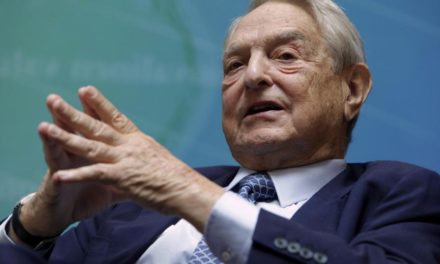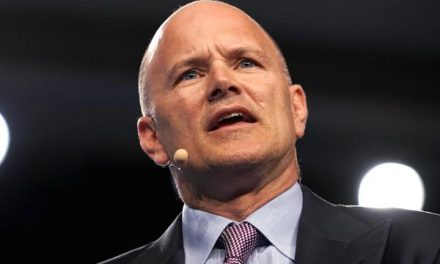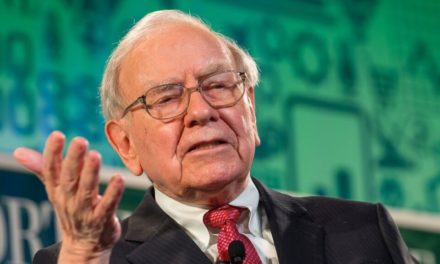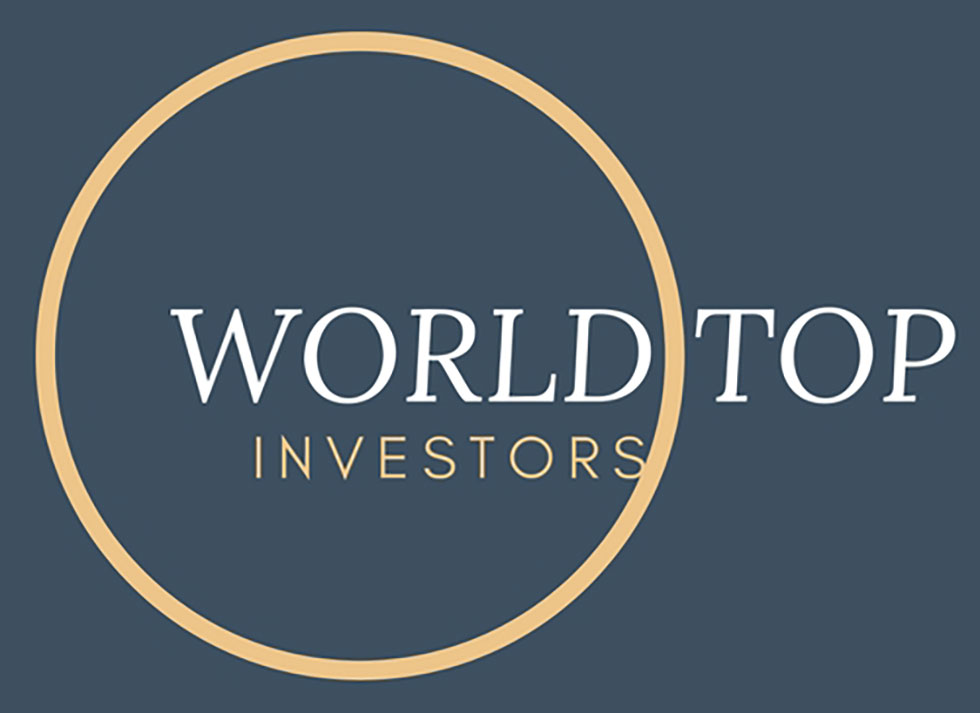Peter Schiff sees a changing investment landscape which has to do with the arrival of inflation.
Peter Schiff thinks this long-overdue moment, where the inflation monster rears its ugly head, will change the investment landscape.
Peter believes that the investment strategies which worked well previously may not yield investors the same success in the future.

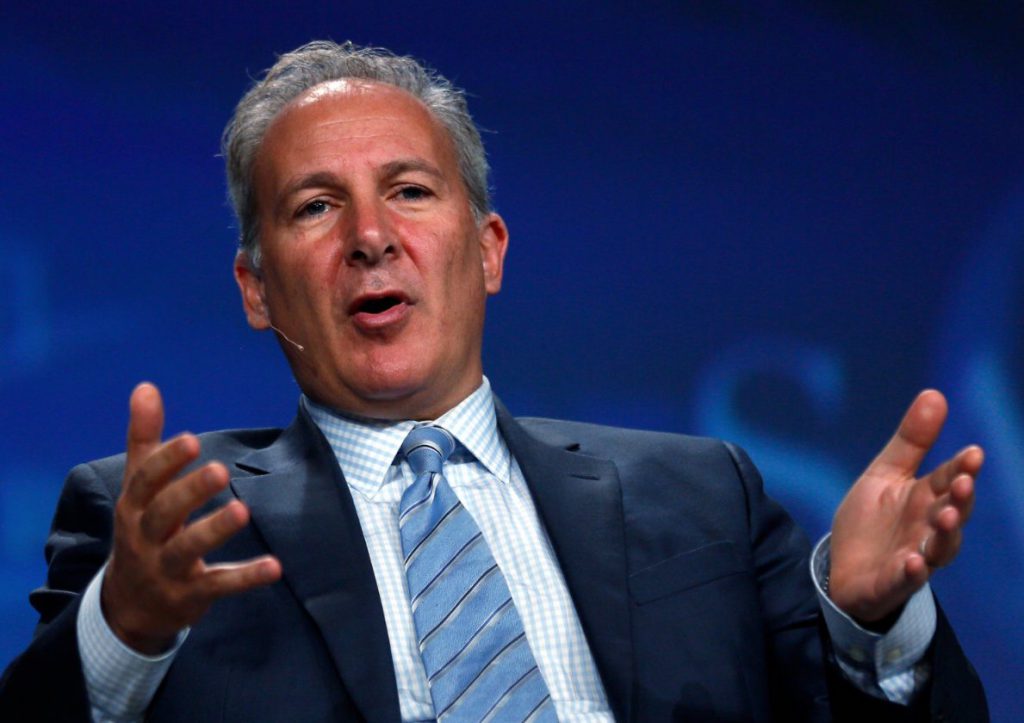
“Peter Schiff thinks this long-overdue moment, where the inflation monster rears its ugly head, will change the investment landscape”
WEALTH TRAINING COMPANY
Peter Schiff sees a changing investment landscape long where the dreaded and overdue inflation monster rears its ugly
“Everything that has worked out while the Fed was inflating this bubble is not going to work as the air comes out of it,” said Peter Schiff.
“They have already pricked the bubble,” he added.
Indeed, just the Fed talking about tightening wiped off at least a trillion USD in technology stocks and cryptocurrencies.
Peter Schiff noted that we have had this inflation problem for a decade, and he noted that it had just not manifested itself in a way that was problematic to Fed or investors.
Peter Schiff sees a changing investment landscape where the real inflation figures are distinguished using different accounting methods
“The CPI understates the degree to which prices are going up. It created Fed cover to create more inflation under the guise of quantitative easing, stimulus, and zero percent interest rates,” said Peter Schiff.
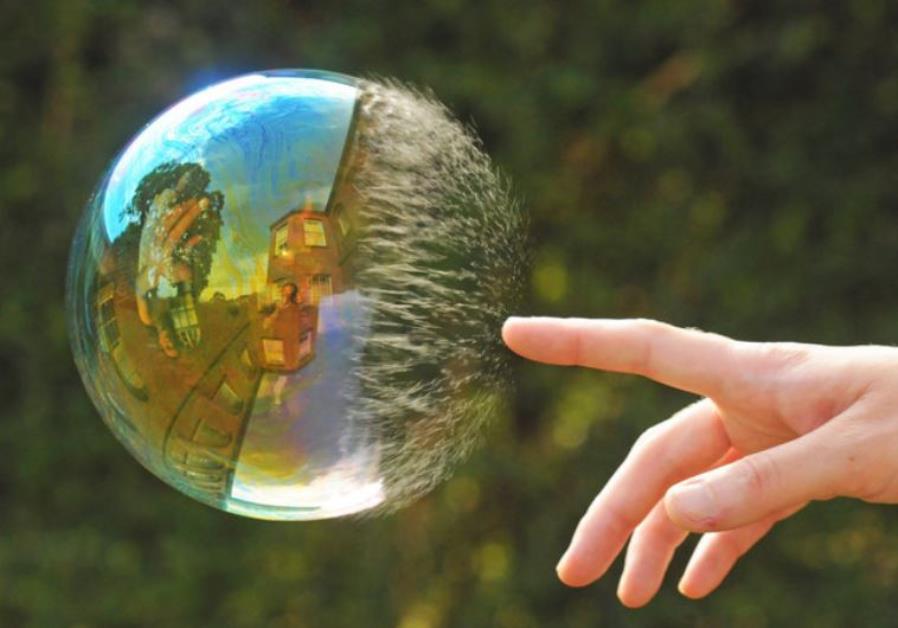
“Everything that has worked out while the Fed was inflating this bubble is not going to work as the air comes out of it”
PETER SCHIFF
Peter Schiff warned about the ballooning one trillion dollars US trade deficit
“The fuelled trade deficit in goods has eclipsed one trillion dollars, which is an unheard of deficit,” he said. Peter Schiff added that the US trade deficit is the largest ever in the history of international trade amongst nations.
The goods trade deficit widened last month by 17.5% to $97.8 billion from $83.2 billion in October, the Commerce Department said on Wednesday. That exceeds the previous record deficit set in September of $97 billion. Goods exports declined 2.1%, while imports rose by 4.7%.
“Imagine how prices would have gone up if one trillion USD of goods had not been dumped into our market by our trading partners?” – Peter Schiff
Peter Schiff explains that cheap imports helped to suppress core US inflation
Peter Schiff said part of what kept a lid on inflation was the record US public deficit. He noted that despite the inflation figure being massaged, the core inflation rate was 7%. “Imagine how prices would have gone up if one trillion USD of goods had not been dumped into our market by our trading partners?” asked Peter Schiff.
Peter Schiff then questions how the world’s largest consumers paid for those imports.
“We didn’t earn the money to buy those goods. A lot of Americans bought with money handed to them with stimulus cheques and other bailout money,” he said.
So Peter Schiff sees a changing investment landscape, which he believes is due to a bad combination of Fiscal and Monetary policy implemented in the 2020 March pandemic lockdowns.
Peter Schiff recommended an unrealistic policy of shutting down money supply, so demand and supply both fell.
Some 40% of Americans would struggle to come up with $400 for an unexpected expense.
So if the government did nothing, let the virus rip, there would have been mass casualties. Moreover, if the Fed didn’t create liquidity, a third of the population would have been at risk of starving to death. Perhaps there would have been a bloody civil revolution, bearing in mind there are more guns than people.
“When you are working, you are being produced to produce goods and services and can consume, but when you are not working, you need to consume less, they didn’t want that because that would have meant a severe recession” – Peter Schiff
The US is top ranking for civilian held firearms per 100 population of the population at 120.5
“When you are working, you are being produced to produce goods and services and can consume, but when you are not working, you need to consume less, they didn’t want that because that would have meant a severe recession,” he said.
He believes that inflation will go higher. We do not think so since inflation will not be driven by demand without stimulus. Maybe cost inflation, but that will also eventually come down.
Eventually, we go back to deflation, with 30% of the population having less than 1,000 USD for emergency expenses.
The greatest challenge facing global policymakers is what to do with an ageing population and a growing proportion of the workforce struggling to remain productive in the fourth revolution.
Peter Schiff sees the impossibility of the Fed raising rates to 1%, and he believes the Fed is hoping inflation will eventually fall.
The Fed will continue to extend and pretend
“Even a 1% interest rate hike is still a stimulus rate 1% was the rate Alan Greenspan slashed interest rates to in 2002 when he wanted to stimulate the economy during the dot-com bubble burst and recession that ensued.
So back then, 2% was a stimulus model,” he said.
No aggressive tightening is going to take care of worse inflation in 40 years. The reality is it is not the worst inflation in 40 years, it’s the worst inflation ever.
If you calculate CPI using the 80s method inflation would be 17%.
Peter Schiff noted that to put out the inflation fire of the 80s Paul Valker set interest rates up to 20% and
Treasury yields on long bonds got up to 14%
Peter Schiff said that the Fed can’t raise rates by much because the US government would be forced to default on its 3 trillion USD national debt to finance with T bills, the government has to roll over low yield debt 1% of 30T is 300B but what if interest rates when up to 10% of 30T is 3T, and there is no way the national government can service those interest payments.
Peter Schiff sees a changing investment landscape where the Fed will continue to extend and pretend
The Fed is pursuing a stimulus policy, they continue to print money, they continue to buy mortgages, bonds, and backed securities.
See Peter Schiff sees a changing investment landscape podcast here.

